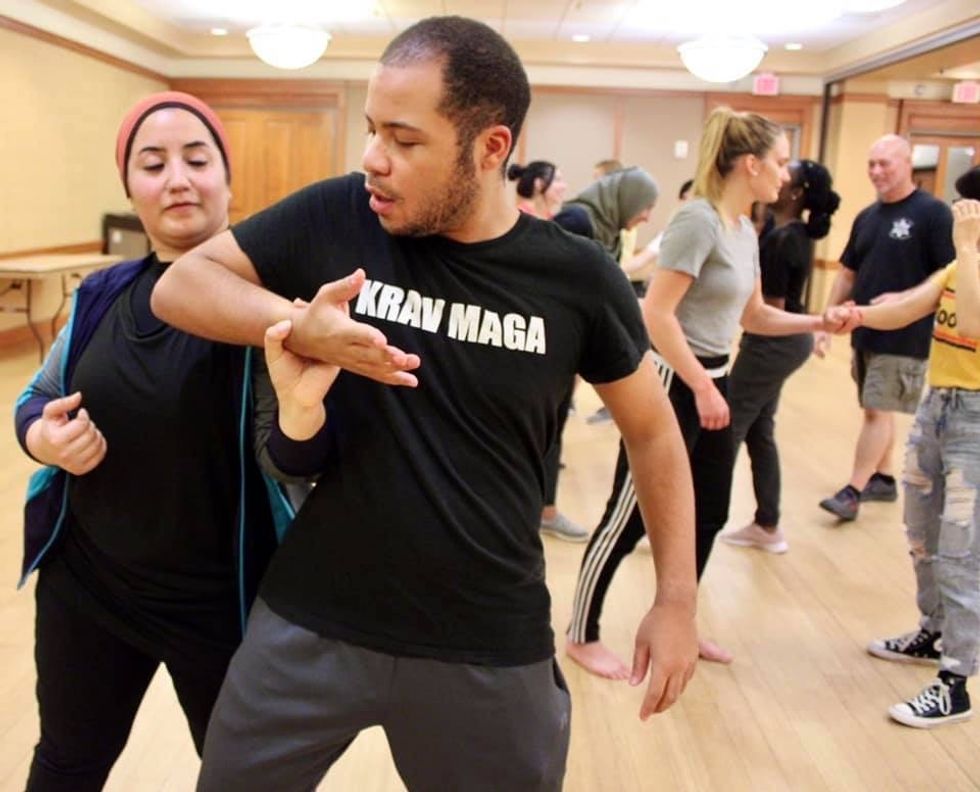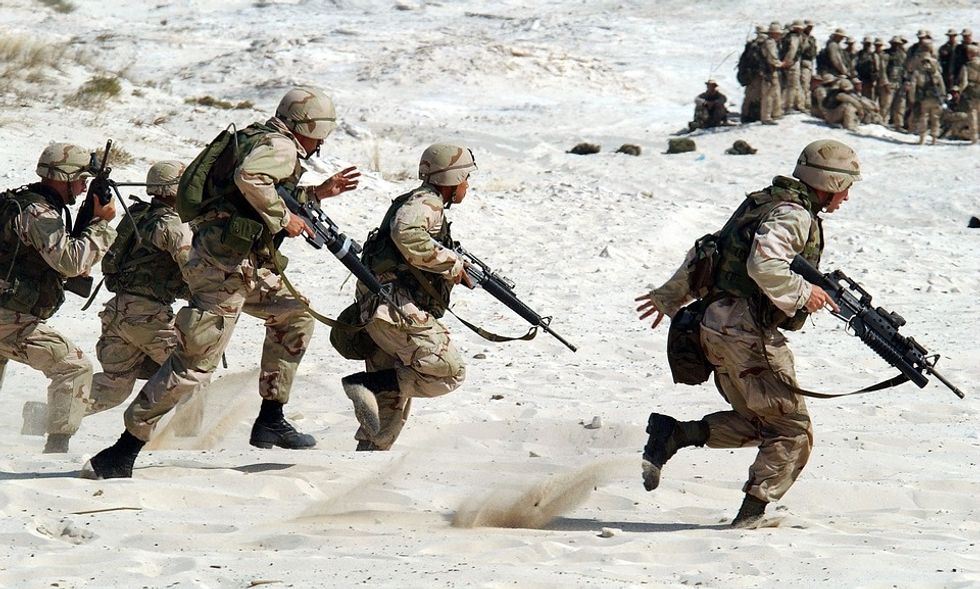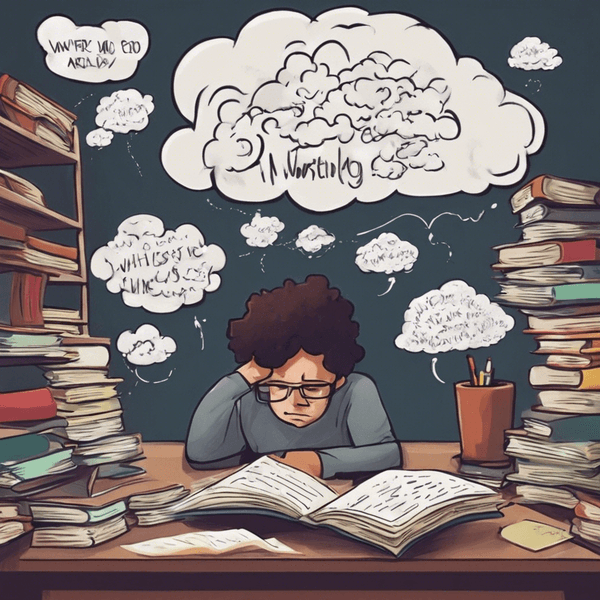We all love Ohio University but we recognize it's hurting. Everyone last years remember those back to back emails from OUPD about rapes occuring on campus. It's so disheartening to hear these events happening on our campus. We protest and speak out with rallies and flyers and that's all and good but there is another step everyone should take. That step is training in self defense.
A couple Fridays ago I got the chance to take a Krav Maga class put on by #SpeakUp. I was apprehensive to go at first not because I never trained in Krav Maga, but because I thought it was just for women. There's something ironic there probably, or maybe it's just my apprehension of being the odd one out in the room. Turns out I was the only guy in the room, except for the instructor but it felt very welcoming.
According to wikipedia: "Krav Maga is a military self-defence and fighting system developed for the Israel Defense Forces (IDF) and Israeli security forces derived from a combination of techniques sourced from boxing, wrestling, aikido, judo and karate, along with realistic fight training." In my free time during high school I took Krav Maga classes for fun and soon became proficient at it. What I love about Krav Maga is that there's no rules. And what I mean by that is when I talk with normal people who have been in a fight they always critique me in saying things like: "You can't kick them below the belt." Arguing that in every fight there are rules and that we must be civil in our conflicts. That's great in an ideal world but realistically your attacker doesn't care about rules. A prominent quote from my instructor at the #SpeakUp event still lingers in my mind.
"The predator (attacker) chooses the place and the time of their attack." I think the understanding for most people in the class was that this class was to help introduce us to the idea of survival. In an actual fight, it's not about winning it's just about survivng and I think that's not only a powerful message for me but for people who do not want to become victims of sexual assault or any kind of assault for that matter. Or even people who have been victims and want to gain that power back.
The class was a good two hours of us going over basic stuff like strikes and kicks. My partner and I were naturals in Krav Maga so it was much easier to get back into the swings and things. Ever since I started college I dropped off Krav Maga training. Not because I didn't want to practice it again but just because there's nothing here in Athens for self-defense. Which is very shocking with how danger still looms over Athens. Now sure, a recent Post article states that crime is down in Athens but looking at the infographic they showed, it displayed Rape crimes at a high. As a guy, I am obviously not the target for 97% of these crimes. I have the luxury of walking home from work at 4 a.m. not worrying about anything coming out to get me (Well maybe except the cops since I am a different shade than most). But I have a lot of female friends who hate walking at night and I understand why. So it baffles me that there aren't any courses offered like the one put on b #SpeakUp.
My instructor provided all of us with his business card and explained how he has classes on Monday evenings. The only problem, it's forty-five minutes away from campus. I was talking to a friend I made at the event and she and I agreed that we needed more courses like this offered at OU. The main problem it seems is that a lot of established programs have rented out a lot of the places where events like this can take place. Seems like a lot of them don't want to give up their spot.
I, for one think that there is a way to bring Krav Maga to campus. I do need a hobby outside of sitting in my dorm on weekends with an uncleanly roommate and starting a program like this might be the way. Krav Maga has always been that happy accident hobby for me. Going to the #SpeakUp event was a refreshing way to spend my Friday night and I hope more opportunities like these are featured in the future.


























If Someone Checks Your Racism You're Not The Victim Here, So Here Are Some Tips For Not Acting Like It Either
The way you react to being accused of racism can have a bigger affect than the ignorance in the first place, so here's how to respond in those situations.
Psychology Today defines a "Microaggression" as "everyday verbal, nonverbal, and environmental slights, snubs, or insults, whether intentional or unintentional, which communicate hostile, derogatory, or negative messages to target persons based solely upon their marginalized group membership." To put it more plainly, its anything discriminatory that isn't 100% over.
With that in mind, it may seem to some that literally, everything is off limits to joke about nowadays. While the '90s and early 2000s was full of fake acceptance cloaking heavily problematic stereotypes, assumptions, and misconceptions about marginalized groups, it's left us with a heavy "us vs. them" mentality, with "regular people" on one end and "snowflakes" on the other.
"Snowflake" is a relatively new term commonly employed by conservatives to mock the emerging atmosphere of political correctness, "safe spaces" and the uphill battle minorities face in pursuit of equal rights.
The reason for this, among other things, is the fact that the emerging adult community was raised in the above mentioned standards that were upheld in the '90s and early 2000s. Therefore, we're left with people who think they can, and should get away with anything so long as they aren't waving a Nazi flag or sporting white sheets over their heads.
Studies confirm that many people harbor unconscious racial biases, whether or not they would classify as a full-blown racist.The thoroughly depressing reality of that aside, that along with white guilt, or a sense of shame white people may experience considering the demographic's historical treatment of people of color and other minority peoples, can make racial issues exceptionally difficult to talk about.
With lack of communication comes inevitable ignorance of how a comment, action or opinion may be considered offensive to a marginalized person, leaving many social interactions with both parties angry, sad or even fearful from its outcome.
Ignorance is often not the explicit fault of the ignorant person. However, the problem with today's society is not solely ignorance, nor that people are too sensitive all of a sudden.
For the first time in the nation's history, the social climate allows minority people to be emboldened enough to call people out on their racism. This is a massive societal win for many marginalized groups who no longer have to stand in as a token for their demographic so corporations can meet their diversity quota.
Although, it was clearly not something the bulk of the nation was prepared for.
With the mixture of this newfound liberation for minority groups, an ignorance that has spanned centuries and how difficult people find it to communicate about racial issues, we have the perfect storm for someone to go on the defense instead of treating the accusation of racism as a learning experience.
Thankfully, the concepts behind responding in an appropriate way are pretty straight forward.
1. You Are Not The Victim Here.
There are too many people who get accused of saying something offensive, then immediately go on the defensive. This gets everyone absolutely nowhere.
It probably really sucks to feel like someone thinks you're a terrible person, especially when you didn't realize you were in the wrong. Considering America's history with racism, being singled out for contributing to that is going to bring up a lot of feelings. So naturally, people may turn to arguing and making excuses for the terrible thing they did or said.
The pro-level of this reaction is when a person points out something ignorant or discriminatory, then the accused starts crying.
This immediately takes the attention off of the victim and onto the offender, because the offender then needs to be consoled before any progress in the interaction is made.
Any of these reactions, or feeling that someone is being "mean" to you by checking your ignorance, is a product of white privilege. So, if you care about being a good ally to the marginalized section of our community, its best to save the crying or yelling as a last resort.
2. Apologize First.
Do not pass go, do not collect $200.
Apologizing first, even if you don't understand what you've done, keeps all doors of communication open so you can dig deeper into the situation a little more.
Even if you don't feel remorse—out of ignorance, stubbornness or skepticism—apologizing first acknowledges that they are a human that deserves respect which you've just violated somehow.
Here our pre-school days come in handy, as we can all do well to "treat other's like we want to be treated". Think on how you'd feel if someone disrespected you in the middle of your day, then that empathy should be applied to whomever you've hurt.
If the accused responds in any way besides this, the opportunity for fixing things is annihilated, and the hurt that you both are feeling has no chance of being relieved. Granted, after an apology has been issued and a conversation follows, you might still feel that you're in the right or feel bad in general. However, you still did your best to alleviate some of their discomforts, maintained the cordiality of the relationship and know how to avoid similar situations in the future.
3. Prove To Yourself And Them You're Not A Bad Person
I'm multiracial but look white as hell. I was ignorant as hell as a kid. I've been there where something you said offended when it was clearly not your intention. In fact, in the case of microaggressions, the intent is often not to offend.
So, now it's your job to do your best to prove to them and yourself that you're not a bad person.
The only way to accomplish this is by listening.
Listening to why they were offended, why its a problem and asking questions about the reasons behind it or how to avoid repeating the mistake in the future is the key to growing. And consequentially you might get to learn something that day, which everyone should be thankful for.
Facing these interactions humbly and with an open mind encouraged growth as well as learning, so even though you may feel like crap, this opportunity is definitely a good one.
4. Follow Through
After the badness has happened and been pointed out, an apology has been made and a conversation has been had, the effect of the situation should not end there.
If you're still a little unclear on the offense or want more information, take it upon yourself to watch a Ted Talk or two to keep the conversation going internally.
Then, it's important to actually apply what you've learned to your thoughts, words, and actions. Once it's been pointed out its much easier to identify discriminatory lines of thinking, reconsider previous opinions and even reevaluate how ignorance might be applied to other areas that you hadn't thought of.
If you feel they might still be upset, especially if they're someone you run into often or work with, a check in can go a long way, too. A simple "Hey, I just wanted to make sure you're still OK after the other day" can easy any resentment that might be lingering. Even if that still doesn't fix things, you know you've done everything in your power to make it right.
Even attempting to follow these steps can make all the difference in developing the quality of our interactions a safer society for everyone. Although this may seem like inconsequential in the grander scheme of things, change is truly inspired one baby step at a time, so don't knock it till you try it.